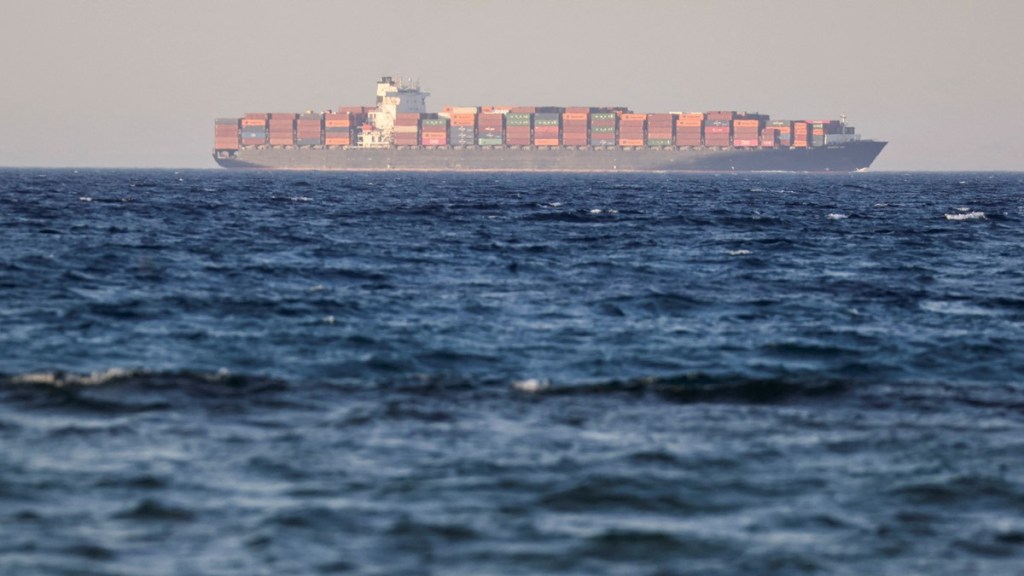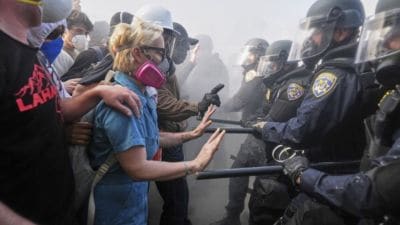Freight rates and shipment times to Latin America and Africa — key markets for Indian two-wheeler makers such as Bajaj Auto and TVS Motor Company — have doubled due to the shipping crisis in the Red Sea.
Bajaj Auto, India’s biggest two- and three-wheeler exporter, has been feeling the heat for the last couple of months. Executive director Rakesh Sharma said, “The Red Sea imbroglio has caused some delays of about three weeks to Latin America and parts of Africa, and we have seen freight rates double to many destinations.”
According to KN Radhakrishnan, director and CEO, TVS Motor Company, the impact of the Red Sea crisis is just beginning to be felt. “There is some initial feedback on lack of container availability and some pricing increases. We have to watch these developments very closely. However, it is too early and there will be some delays in container availability before things settle down.”
Therehas been a series of attacks on merchant ships in the Red Sea by Yemeni Houthi rebels — a fallout of the Israel-Hamas conflict. On Wednesday, the United Nations General Assembly warned the crisis could trigger another World War.
The delays in and rising costs do not augur well for two-wheeler firms as exports account for up to 38% (1.22 million units) of sales for Bajaj Auto and 24% (753,000) for TVS Motor Company (between April and December), according to data from Society of Indian Automobile Manufacturers.
Besides, Africa is the single biggest market for the Pune-based Bajaj Auto outside of India. The company started operations in Latin America recently with a vehicle assembly facility in Brazil scheduled to come on stream in a few months.
“Already, companies are exploring alternate routes that have been put in place and ordering levels from our partners have been adjusted to take note of longer shipping times,” Sharma added in a post-earnings call on Wednesday.
Whenever the ship movement cycle is interrupted, the issue spills over to create an imbalance in container locations. Containers tend to get bunched up in particular geographies where there may not be enough demand.
“This happened massively during the pandemic. But right now, it is not as severe. If the conflagration does not widen to become a serious issue, we will be able to get out of this in two-three months,” Sharma added.
Indian automakers export to not just developing markets but to developed markets of Europe too. Due to the ongoing Red Sea unrest, merchant ships are forced to take a longer, circuitous route to reach Europe.
Reports suggest that European luxury car-makers like Audi and Mercedes, who import critical components and semi-knocked-down kits to assemble the cars here, are already facing challenges as the supply chain disruption is likely to lead to lower production.
Indian companies use the Red Sea route through the Suez Canal to trade with Europe, North America, North Africa and parts of West Asia. These regions accounted for about 50% of India’s exports worth about Rs 18 trillion and about 30% of imports worth about Rs 17 trillion last fiscal, according to a Crisil report.
Tarun Garg, chief operating officer, Hyundai Motor India, said, “There has been a minor impact on the transit period for North Africa and Middle East (especially Saudi Arabia) markets however our export volume remains as per plan due to high demand and positive response from markets.”
According to Crisil, increasing attacks on ships sailing in the Red Sea region since November 2023 have persuaded shippers to consider the alternative, longer route past the Cape of Good Hope. “This has not only stretched delivery time by 15-20 days, but also increased the transit cost substantially because of incremental freight rates and insurance premium,” it said.









